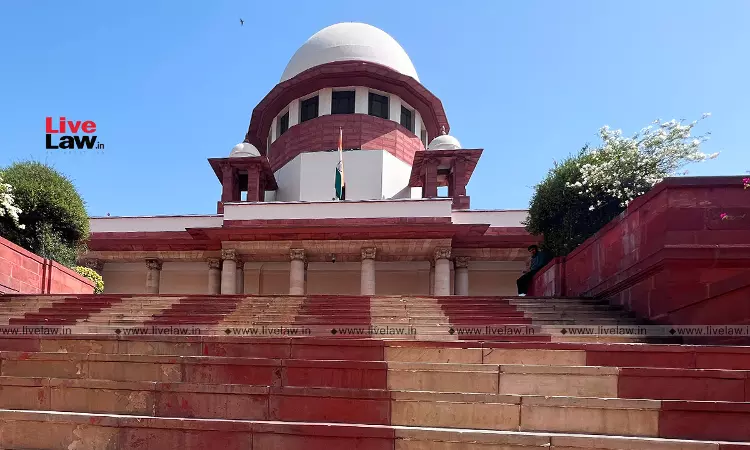The Supreme Court observed that Section 162 CrPC does not affect a Court's power to look into documents or put questions to witnesses suo motu to contradict them. "There is in our opinion nothing in Section 162 of the CrPC which prevents a Trial Judge from looking into the papers of the chargesheet suo motu and himself using the statement of a person examined by the police recorded therein...

